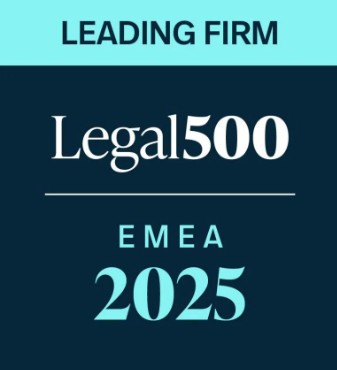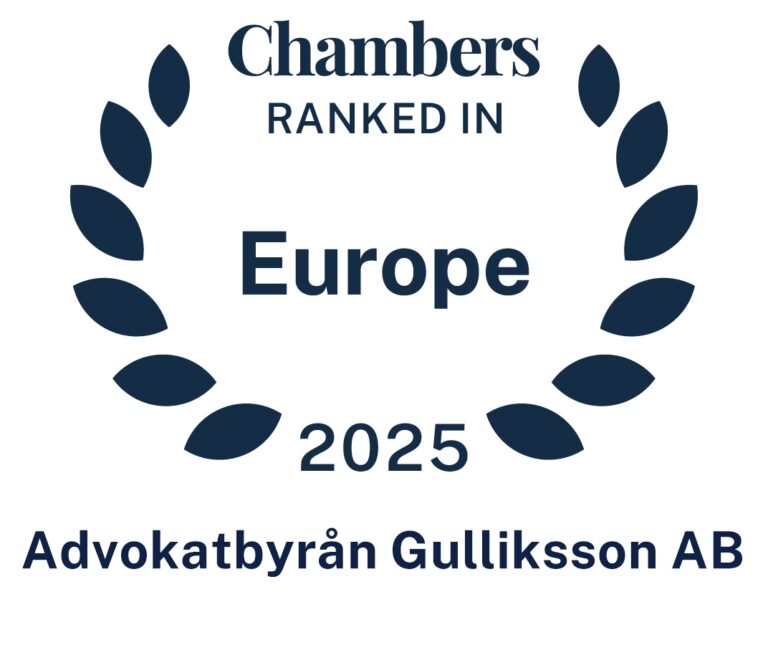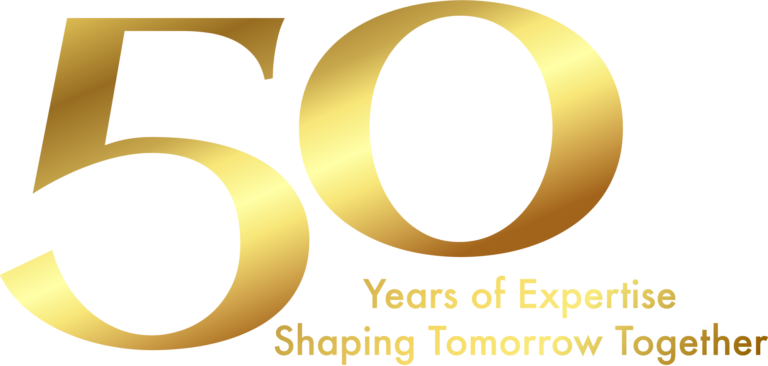Partial registration
After the law comes into effect, a trademark application may be rejected for only part of the products and services covered by the application. Formerly, PRV rejected the entire application if there was any obstacle to registration for any product and/or service.
Extended deadline for opposition
Effective 1 July, parties who wish to oppose a trademark registration will have three months to file the opposition instead of two, starting from the date of publication in the Swedish Trademark Gazette. Opposing parties must be able to prove they have filed the opposition in their own interest. If an obstacle is found, PRV will revoke the registration in whole or in part.
Renewals
The new law does not require applications for renewal to be made by the registered owner. Consequently, it is even more important than before to record all changes of the owner’s name and address in the Trademark Database.
Transfer and better rights
Parties who believe they have better rights to a trademark than another party who has applied to register the mark may request transfer of the application. The party must be able to prove that they have better rights, e.g., due to assignment, inheritance, company formation or prior use of the trademark.
Administrative cancellation
It will be easier, faster and cheaper to cancel older trademarks, e.g., because they are no longer used. Instead of filing suit in a district court, it will henceforth be possible to apply directly to PRV for cancellation of the registration. The trademark owner will be served with the application for cancellation and afforded the opportunity to make a statement. If the registered owner opposes the cancellation, the matter – if the applicant so requests – will be transferred to a general court. This service of documents procedure also means that it is crucial that the right owner and correct address are recorded in the database.
Secrecy
The Public Access to Information and Secrecy Act is also being amended so that it will be possible to request secrecy in a trademark matter regarding specific information pertaining to business or operating conditions. A requirement in such cases is that it can be presumed that publication will cause significant harm to the party the information concerns.
Surnames
It will not be possible to the same extent as before to invoke a family surname, artist name, or similar name as an obstacle to registering a trademark. Parties who believe the use of a mark would entail a disadvantage to them must personally object and specify the nature of the disadvantage. Artists names are protected both under the Names Act and the Trademarks Act, but there may still be reason for the holders of such names to defend their rights more vigorously than before, in light of the financial loss that may be incurred if someone else uses the name as a trademark and thus rides on the coattails of its value.
Reconsideration
It will be possible, for a fee, to have a closed application reconsidered within two months of the expiration date of an injunction if the obstacles and deficiencies specified in the injunction have been remedied and eliminated.
Collective, guarantee or control marks
These types of trademarks can be registered even if the mark only states geographic origin and thus lacks distinctiveness.




